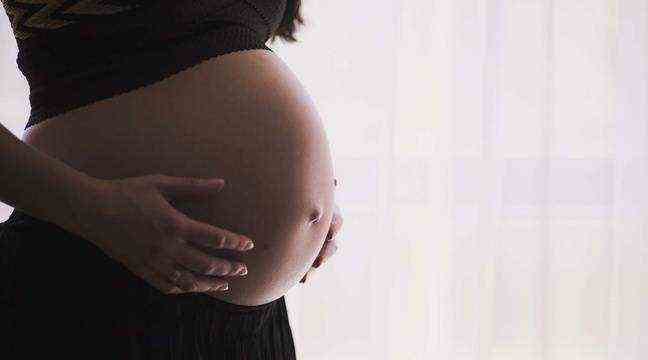Tuesday morning, in his office at Paule-de-Viguier hospital in Toulouse, Doctor Françoise Lesourd received two women whom they would never have seen a month ago. Both have childish desires, one alone, the other with her partner. “The homosexual couple was being taken care of in Spain for their second child. They have already had a baby in Spain by insemination with a donor in 2018. Having read the law, they wish to continue their journey in France. They are happy, ”says this doctor responsible for the group of activities of
reproductive medicine of Toulouse University Hospital.
Since the final adoption of the bioethics law on June 29, and its flagship measure of assisted reproduction for all, its service has seen the number of meetings multiply. A rise in power for which this reference center has been preparing for several months.
Awaiting application decrees
“Before, we didn’t see them at all since it was illegal in France. They were going abroad and we didn’t even know about it. It had been a while since we knew this was going to happen, we are ready to take care of them. Now we are waiting for the application decrees to know under what conditions, ”continues Françoise Lesourd, whose service carries out 600 inseminations each year.
A sesame that could arrive quickly according to the rapporteur of the bioethics law, Coralie Dubost, who indicated on July 3 that the first PMAs could intervene as of the start of the school year.
As in Toulouse, the specialized centers could therefore over the next few years see an influx of many women. According to a survey carried out by The cross early 2020,
at least 2,400 French women left each year in Spain or Belgium to use it. Sometimes having to pay more than 10,000 euros to see their project succeed.
A very organized course had thus been put in place for several years, making it quite easy for Toulousaines, for example, to have recourse to artificial insemination in Catalonia. But the now taking charge of medically assisted procreation for all women will change the situation, the question of funding having sometimes been a brake on this life project.
In lack of donors?
While waiting for the decrees, the consultations take place at the Toulouse University Hospital and future parturients are invited to carry out their assessments to be ready as soon as the green light is given. Because the process can still be long and it can be impacted by another aspect of the law, that of the access now possible to the origins of the sperm donor, which is equivalent to the lifting of anonymity.
“Obviously, we are obliged to have donors who accept, suddenly we will not be able to use all of our stock of straws because we now need their agreement. Some are in favor of lifting anonymity, others are not. We are in the process of recontacting them, we hope that we will not lose them all ”, specifies the specialist.
A pitfall when donors are not already legion, barely twenty in Toulouse. And beyond the question of anonymity, it will also be necessary to remove the reluctance of some of them to make a donation for a homosexual couple. “But from the moment he gives, he gives for everyone. If he does not want to give for a certain population, we cannot accept him. I think that the donor population will renew itself, the profile will change. Maybe homosexuals will come, motivated to donate sperm by female couples, ”presumes Françoise Lesourd, who hopes that the Covid-19 will not come to halt the process again.

